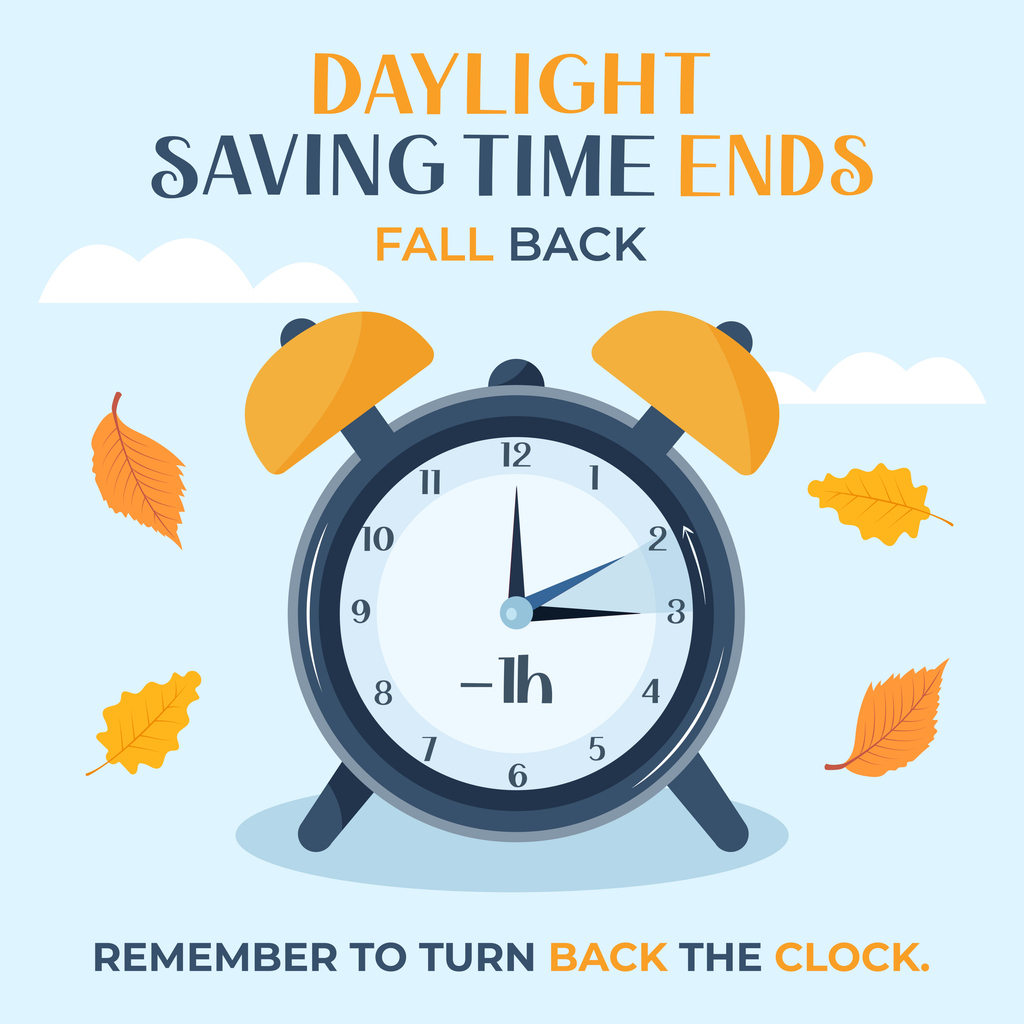As we spring forward and fall back every year, I grapple with the disorienting effects of changing the clocks. This biannual ritual makes me irritable and overly tired as if I’m perpetually jet-lagged without the adventure of travel. It’s a struggle that many of us can relate to. The disruption to my internal clock is not just a personal inconvenience; it raises broader questions about the impact on our collective well-being. For policymakers and health advocates, isn’t it time to consider the actual costs of this outdated practice?
The Historical Roots of DST
The concept of daylight savings time has a rich historical context that is often overlooked. It can be traced back to George Hudson, a New Zealand entomologist, who proposed in 1895 that more daylight hours be used for collecting insects. However, William Willett’s 1907 proposal in the U.K. truly captured attention, suggesting that moving the clocks in the summer could save energy costs. This idea gained prominence during the World Wars as a strategy to conserve fuel by reducing the need for artificial lighting.
Fast-forward to the 1970s. During the energy crisis, many countries standardized DST to save energy. The U.S. even shifted DST dates in 2007 under the Energy Policy Act to further maximize these benefits.
The Arguments For and Against Changing the Clocks
The debate over changing the clocks is as old as the practice itself. Proponents argue that DST saves energy, reduces crime by providing more daylight, and encourages outdoor leisure activities in the evening.
However, opponents point out the disruption to sleep patterns and general confusion it can cause twice a year. Sleep health expert Dr. Mary Carskadon notes, “The abrupt time change can throw off our body’s internal clock, leading to sleep deprivation and other health issues.” Energy policymakers argue that energy savings are minimal in today’s digital age, where energy consumption is no longer tied just to daylight.
The Impact on Our Lives
The switch between DST and standard time can affect various aspects of life:
- Health is a significant concern regarding the time change. Studies have linked the switch between DST and standard time to increased heart attacks and workplace accidents immediately following the change. We must consider This serious issue when evaluating DST’s benefits and drawbacks, as it directly affects our well-being.
- Energy Consumption: While initially intended to save energy, modern studies suggest the savings are marginal.
- Economy: Some sectors, like retail and tourism, might benefit from the extended daylight hours, while others suffer from schedule disruptions.
Chronobiologist Dr. Till Roenneberg remarks, “The body truly struggles with this arbitrary shift imposed by DST,” emphasizing its impact on circadian rhythms.
Regions and Their Practices
Not all regions observe daylight savings time (DST). While most of North America and Europe follow DST, many countries near the Equator do not, as the length of day and night is relatively consistent year-round. In the U.S., Arizona and Hawaii opted out of DST, showing how varied practices can be.
Navigating the Time Change
Adjusting to the time change can be challenging but manageable with a few practical tips:
- Gradual Adjustment: Try shifting your schedule by 15 minutes each day before the change.
- Maximize Natural Light Exposure: Spend time outside during daylight to help reset your internal clock.
- Maintain Consistent Sleep Hygiene: Stick to regular sleep and wake times to ease the transition.
The Future of DST
In recent years, there has been a surge in legislative efforts to abolish the biannual clock change, sparking a lively debate. Public opinion is swaying towards either adopting permanent standard time or permanent DST. The debate continues, with policymakers weighing the pros and cons for society at large. Considering the potential future scenarios for DST is not just interesting. Still, it’s a conversation we all should be part of. I’m eager to hear your thoughts on this.
References:
Daylight Saving Time. https://www.google.com/search?client=firefox-b-1-d&q=daylight+savings+time+2024
Safari Health & Safety: Your Guide to Uganda – Lifetime Experience Safaris. https://www.lifetimesafaris.com/safari-health-guide-uganda/
Thank you for reading this blog post. If you have any questions or comments, please leave them in the Comments section below.
Copyright © 2019. I Don’t Know All The Answers, Nikki Mastro.
All of my photographs and documents are Copyrighted.
The main photo included in this blog post is from the iStock.com library.
No part of this website, including text, photographs, and documents, may be reproduced, stored in a retrieval system, or transmitted in any form or by any means without written permission from the copyright holder. All unauthorized use is strictly prohibited. If you choose to copy or share any information from my site, you must provide a link to the source. I appreciate your cooperation.
For further information concerning “I Don’t Know All The Answers.”
– Website and Blog: https://www.idontknowalltheanswers.com
– Facebook: https://www.facebook.com/Nikki.L.Mastro/
– Instagram: https://www.instagram.com/i_dont_know_all_the_answers/
– Linkedin: https://www.linkedin.com/in/nikki-mastro-05455a3a/
– Youtube Channel: https://www.youtube.com/@idontknowalltheanswers1954

